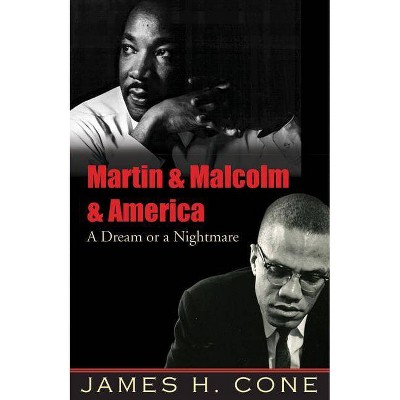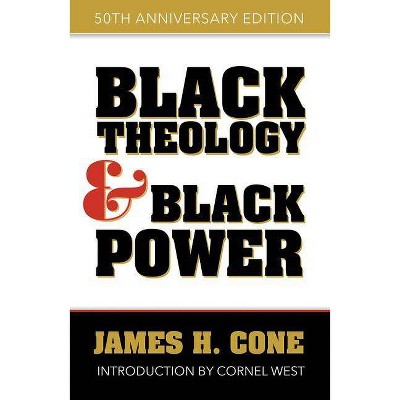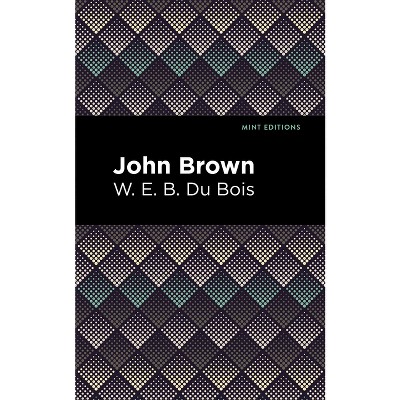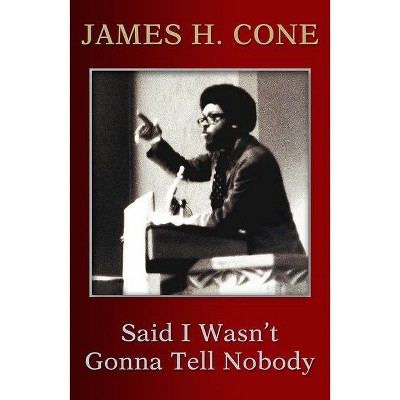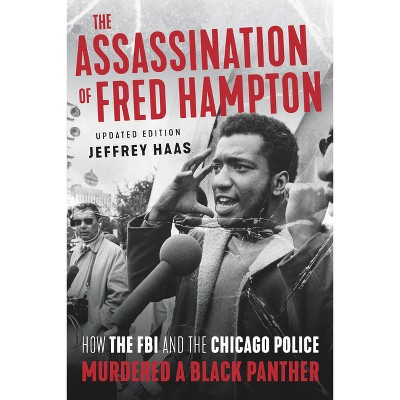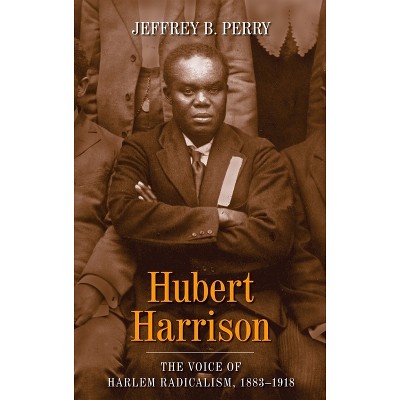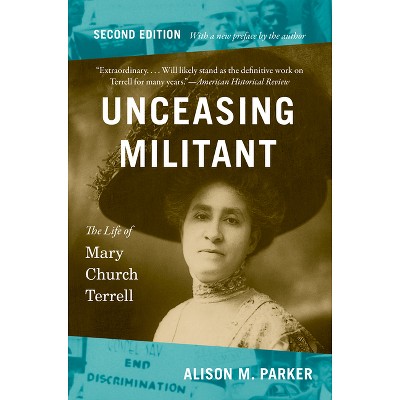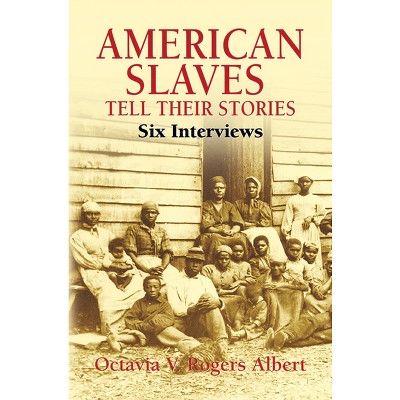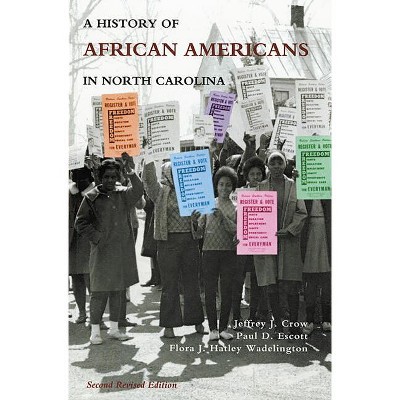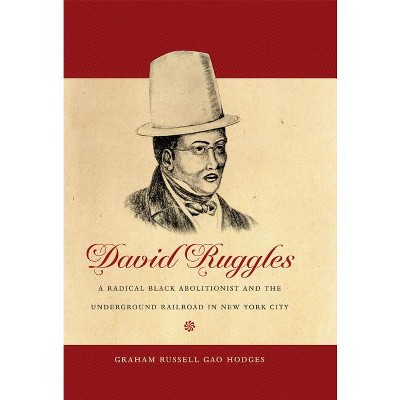Sponsored

Hubert Harrison - (The John Hope Franklin African American History and Culture) by Brian Kwoba
In Stock
Sponsored
About this item
Highlights
- The significance of Hubert Henry Harrison (1883-1927)--as a journalist, activist, and educator--lies in his innovation of radical solutions to radical injustices.
- About the Author: Brian Kwoba is associate professor of history at the University of Memphis.
- 430 Pages
- Biography + Autobiography, Cultural, Ethnic & Regional
- Series Name: The John Hope Franklin African American History and Culture
Description
About the Book
"The significance of Hubert Henry Harrison (1883-1927) -as a journalist, activist, and educator- lies in his innovation of radical solutions to grave injustices, especially the staggering luxury for the few alongside the crushing poverty for the many in the first few decades of the twentieth century. White mob violence continually haunted African American communities, while imperial conquest and world wars wrought wanton destruction upon entire nations of people. These conditions sparked a global political awakening to which Harrison gave voice as a leading figure in cutting-edge struggles for socialism, in the free love movement, and in the Harlem Renaissance. He also played a pivotal role in the rise of Marcus Garvey and the establishment of the largest international organization of Black people in modern history. Because of his fierce and fearless radicalism, however, he has been erased from popular memory. Hubert Harrison presents a historical restoration of Harrison's numerous intellectual and political breakthroughs. Offering a fresh interpretation of his contributions to social movements for economic, racial, and sexual liberation, Brian Kwoba's richly textured narrative highlights the startling and continued relevance of Harrison's visionary thinking across generations"--Book Synopsis
The significance of Hubert Henry Harrison (1883-1927)--as a journalist, activist, and educator--lies in his innovation of radical solutions to radical injustices. He witnessed staggering luxury for the few alongside crushing poverty for the many. White mob violence continually haunted Black communities, while imperial conquest and world wars wrought wanton destruction upon entire nations of people. These conditions sparked a global political awakening to which Harrison gave voice as a leading figure in cutting-edge struggles for socialism, internationalism, free love, freethinking, and free speech. He did far more than cultivate the rich, dark soil in which the so-called "Harlem Renaissance" would take root. Harrison also played a pivotal role in the rise of Marcus Garvey and the emergence of the largest international organization of African people in modern history. Because of his fearless radicalism, however, he has been erased from popular memory.
Hubert Harrison presents a historical restoration of Harrison's numerous intellectual and political breakthroughs. Offering a fresh interpretation of his contributions to social movements for economic, racial, and sexual liberation, Brian Kwoba's richly textured narrative highlights the startling and continued relevance of Harrison's visionary thinking across generations.
Review Quotes
"Brian Kwoba has written a beautiful, intellectual biography as radical and original as its subject. He excavates Hubert H. Harrison--brilliant Marxist, Black nationalist, internationalist, and gender rebel--revealing dimensions even his most scrupulous chroniclers missed."--Robin D. G. Kelley, author of Freedom Dreams: The Black Radical Imagination
"Captivating and compelling. Many are praised for novel interventions, but few achieve what Kwoba has. Hubert Harrison shifts the ground and sets the standard for twenty-first-century research on Harrison. We owe Kwoba a great debt."--Tommy J. Curry, University of Edinburgh.
"Hubert Harrison shaped movements from the Harlem Renaissance to Black studies. Brian Kwoba admirably highlights this formidable Caribbean American intellectual, who deserves a more central place in African American and African diaspora history."--Carole Boyce Davies, author of Left of Karl Marx: The Political Life of Black Communist Claudia Jones and Black Women's Rights: Leadership and the Circularities of Power
About the Author
Brian Kwoba is associate professor of history at the University of Memphis.Shipping details
Return details
Guests also viewed

